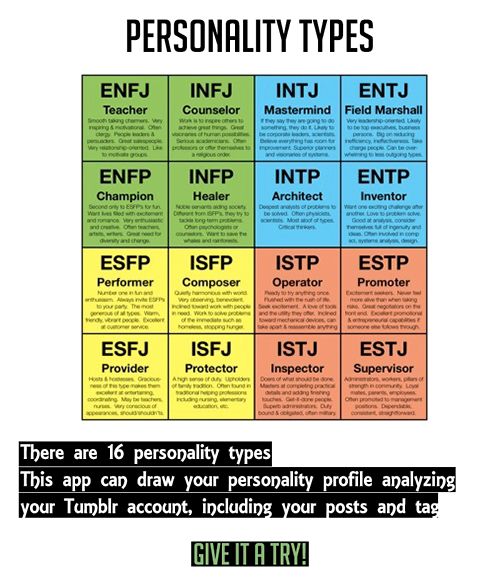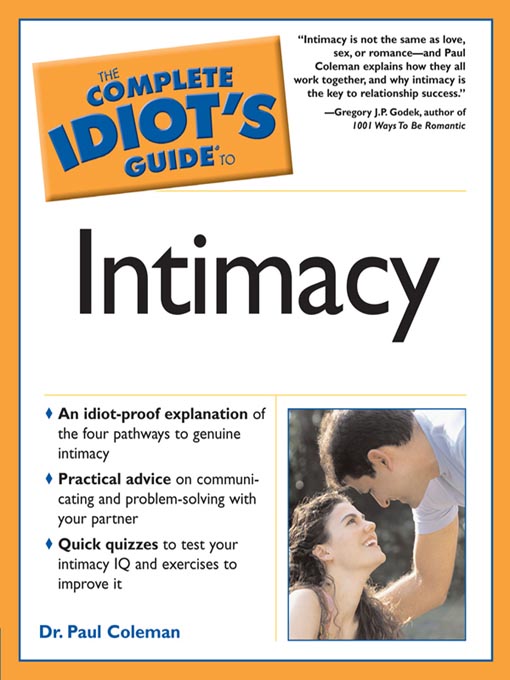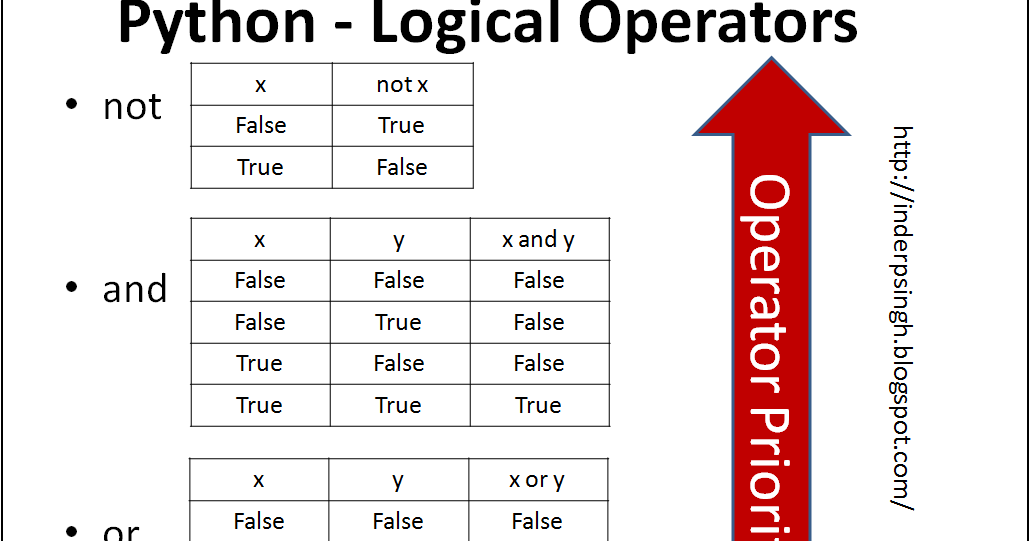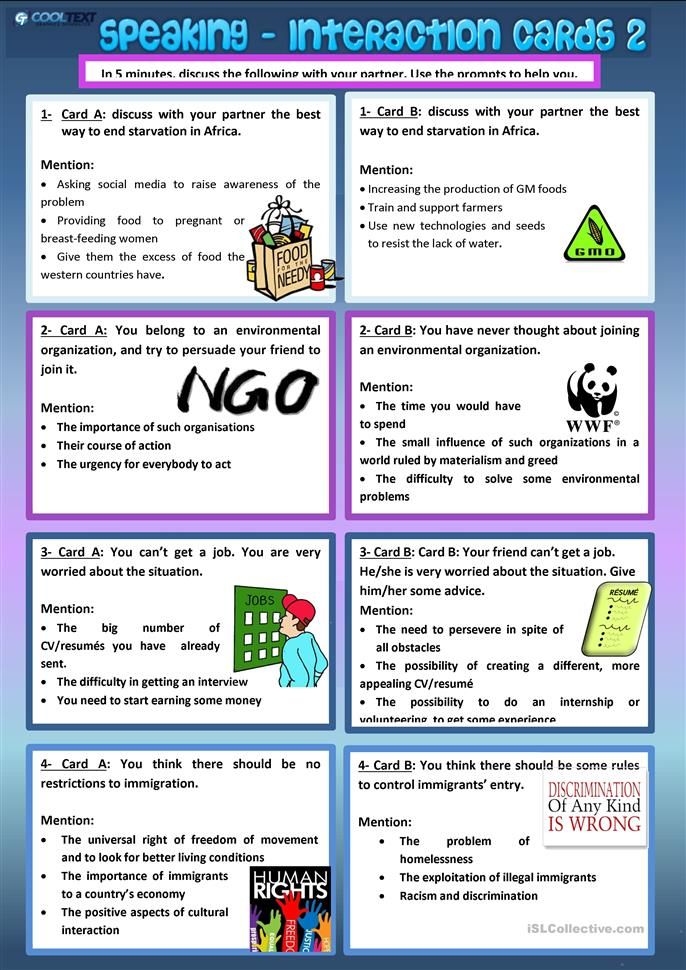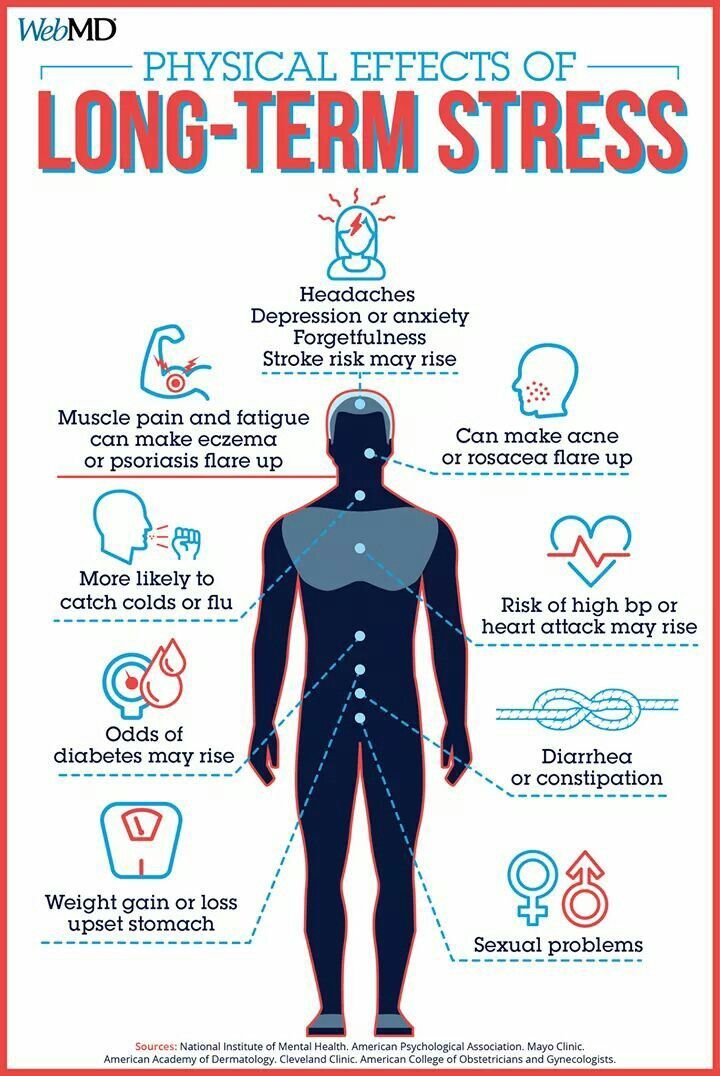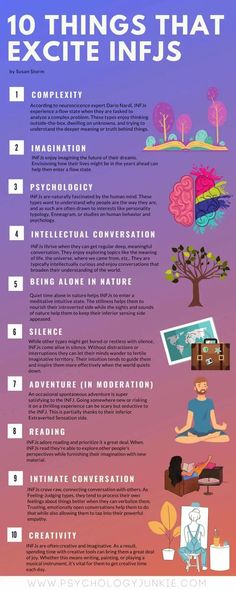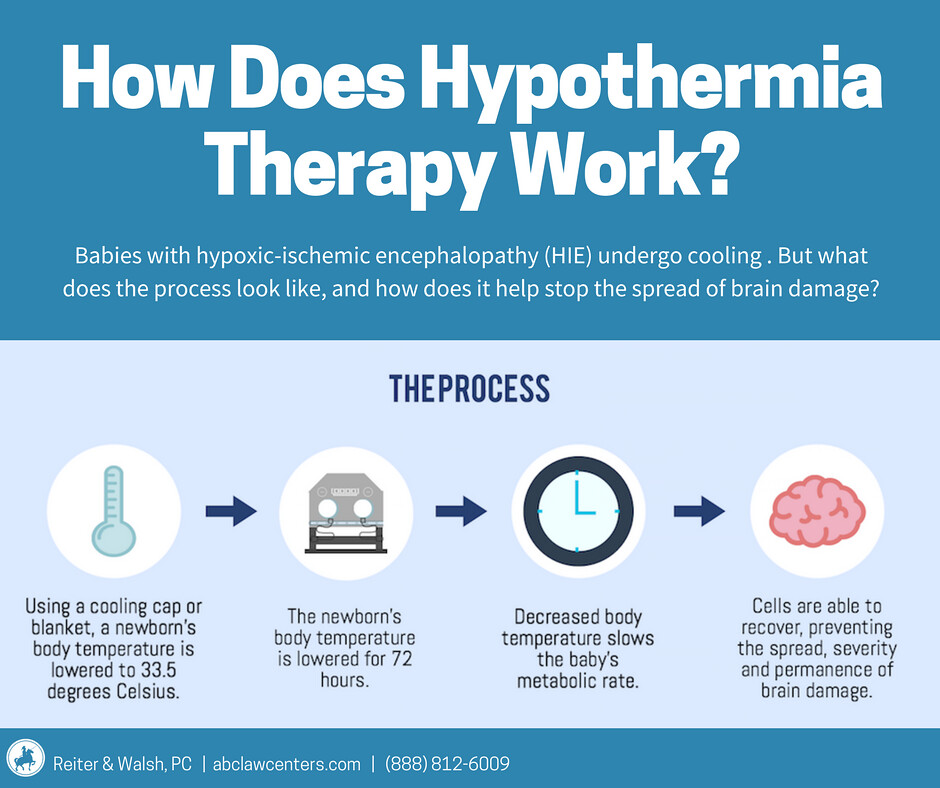80 question personality test
The 300-Question Personality Test
Rate each statement according to how well it describes you. Base your ratings on how you really are, not how you would like to be.
I make friends easily. *
Inaccurate
Neutral
Accurate
I have a vivid imagination. *
Inaccurate
Neutral
Accurate
I worry about things. *
Inaccurate
Neutral
Accurate
I love large parties. *
Inaccurate
Neutral
Accurate
I believe in the importance of art. *
Inaccurate
Neutral
Accurate
I get angry easily. *
Inaccurate
Neutral
Accurate
I take charge. *
Inaccurate
Neutral
Accurate
I experience my emotions intensely. *
Inaccurate
Neutral
Accurate
I often feel blue. *
Inaccurate
Neutral
Accurate
I am always busy. *
Inaccurate
Neutral
Accurate
I prefer variety to routine. *
Inaccurate
Neutral
Accurate
I am easily intimidated. *
Inaccurate
Neutral
Accurate
I love excitement. *
Inaccurate
Neutral
Accurate
I like to solve complex problems. *
Inaccurate
Neutral
Accurate
I often eat too much. *
Inaccurate
Neutral
Accurate
I radiate joy. *
Inaccurate
Neutral
Accurate
I tend to vote for liberal political candidates.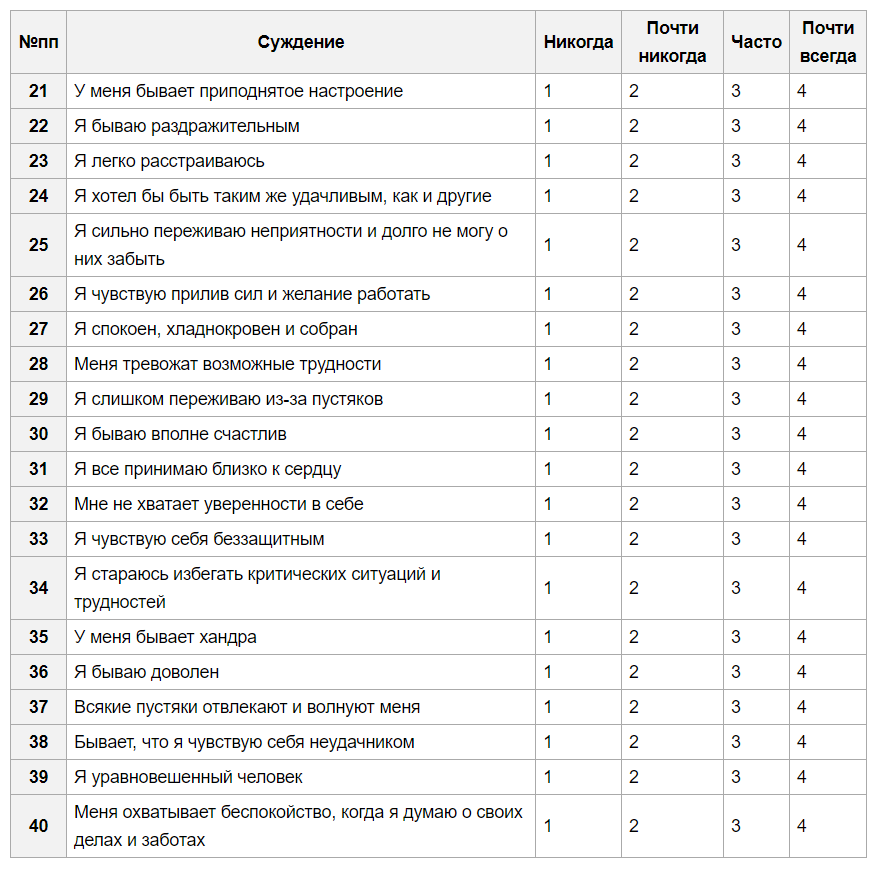 *
*
Inaccurate
Neutral
Accurate
I panic easily. *
Inaccurate
Neutral
Accurate
I trust others. *
Inaccurate
Neutral
Accurate
I would never cheat on my taxes. *
Inaccurate
Neutral
Accurate
I make people feel welcome. *
Inaccurate
Neutral
Accurate
I am easy to satisfy. *
Inaccurate
Neutral
Accurate
I dislike being the center of attention. *
Inaccurate
Neutral
Accurate
I sympathize with the homeless. *
Inaccurate
Neutral
Accurate
I complete tasks successfully. *
Inaccurate
Neutral
Accurate
I like order. *
*
Inaccurate
Neutral
Accurate
I try to follow the rules. *
Inaccurate
Neutral
Accurate
I go straight for the goal. *
Inaccurate
Neutral
Accurate
I get chores done right away. *
Inaccurate
Neutral
Accurate
I avoid mistakes. *
Inaccurate
Neutral
Accurate
I fear for the worst. *
Inaccurate
Neutral
Accurate
I get irritated easily. *
Inaccurate
Neutral
Accurate
I dislike myself. *
Inaccurate
Neutral
Accurate
I am afraid that I will do the wrong thing. *
Inaccurate
Neutral
Accurate
I don't know why I do some of the things I do.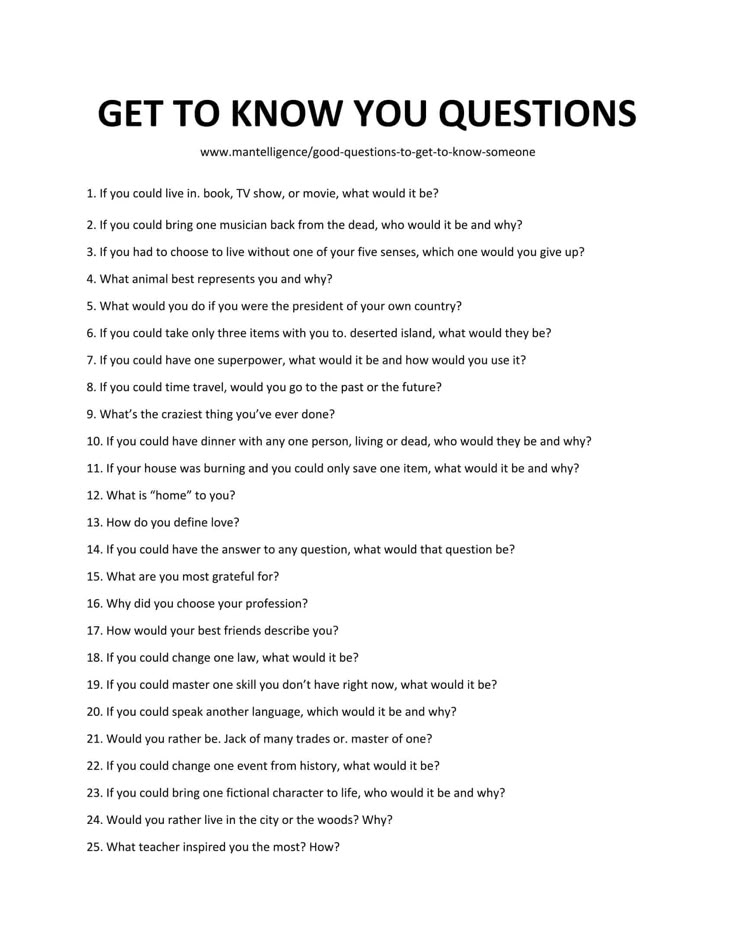 *
*
Inaccurate
Neutral
Accurate
I become overwhelmed by events. *
Inaccurate
Neutral
Accurate
I warm up quickly to others. *
Inaccurate
Neutral
Accurate
I talk to a lot of different people at parties. *
Inaccurate
Neutral
Accurate
I try to lead others. *
Inaccurate
Neutral
Accurate
I am always on the go. *
Inaccurate
Neutral
Accurate
I seek adventure. *
Inaccurate
Neutral
Accurate
I have a lot of fun. *
Inaccurate
Neutral
Accurate
I enjoy wild flights of fantasy. *
Inaccurate
Neutral
Accurate
I like music.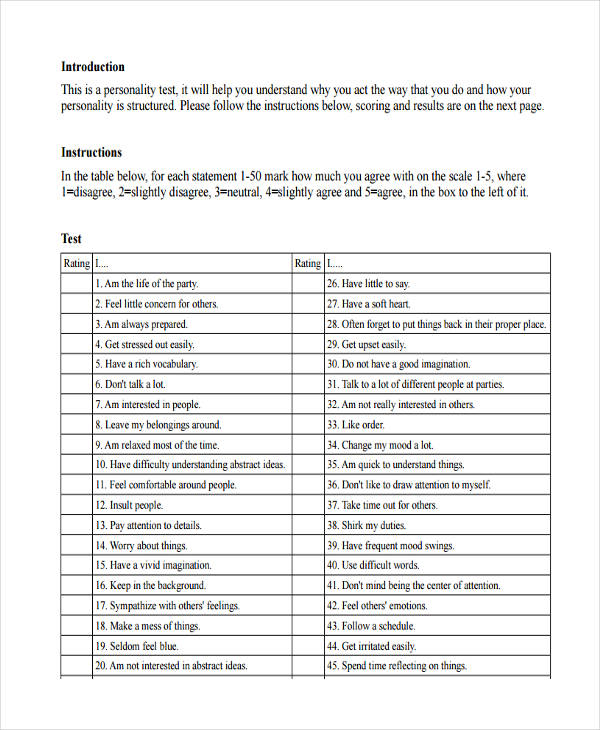 *
*
Inaccurate
Neutral
Accurate
I feel others' emotions. *
Inaccurate
Neutral
Accurate
I like to visit new places. *
Inaccurate
Neutral
Accurate
I love to read challenging material. *
Inaccurate
Neutral
Accurate
I believe that there is no absolute right and wrong. *
Inaccurate
Neutral
Accurate
I believe that others have good intentions. *
Inaccurate
Neutral
Accurate
I stick to the rules. *
Inaccurate
Neutral
Accurate
I anticipate the needs of others. *
Inaccurate
Neutral
Accurate
I can't stand confrontations. *
Inaccurate
Neutral
Accurate
I dislike talking about myself.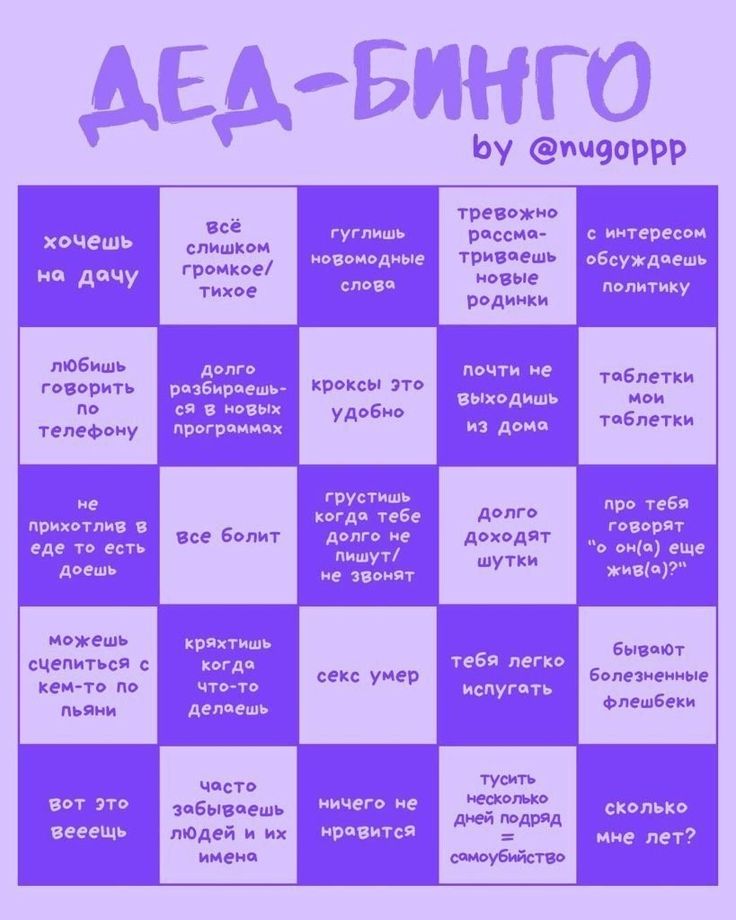 *
*
Inaccurate
Neutral
Accurate
I feel sympathy for those who are worse off than myself. *
Inaccurate
Neutral
Accurate
I excel in what I do. *
Inaccurate
Neutral
Accurate
I like to tidy up. *
Inaccurate
Neutral
Accurate
I keep my promises. *
Inaccurate
Neutral
Accurate
I work hard. *
Inaccurate
Neutral
Accurate
I am always prepared. *
Inaccurate
Neutral
Accurate
I choose my words with care. *
Inaccurate
Neutral
Accurate
I am afraid of many things. *
Inaccurate
Neutral
Accurate
I get upset easily. *
*
Inaccurate
Neutral
Accurate
I am often down in the dumps. *
Inaccurate
Neutral
Accurate
I find it difficult to approach others. *
Inaccurate
Neutral
Accurate
I do things I later regret. *
Inaccurate
Neutral
Accurate
I feel that I'm unable to deal with things. *
Inaccurate
Neutral
Accurate
I feel comfortable around people. *
Inaccurate
Neutral
Accurate
I enjoy being part of a group. *
Inaccurate
Neutral
Accurate
I can talk others into doing things. *
Inaccurate
Neutral
Accurate
I do a lot in my spare time. *
Inaccurate
Neutral
Accurate
I love action. *
*
Inaccurate
Neutral
Accurate
I express childlike joy. *
Inaccurate
Neutral
Accurate
I love to daydream. *
Inaccurate
Neutral
Accurate
I see beauty in things that others might not notice. *
Inaccurate
Neutral
Accurate
I am passionate about causes. *
Inaccurate
Neutral
Accurate
I am interested in many things. *
Inaccurate
Neutral
Accurate
I have a rich vocabulary. *
Inaccurate
Neutral
Accurate
I believe that criminals should receive help rather than punishment. *
Inaccurate
Neutral
Accurate
I trust what people say. *
Inaccurate
Neutral
Accurate
I use flattery to get ahead.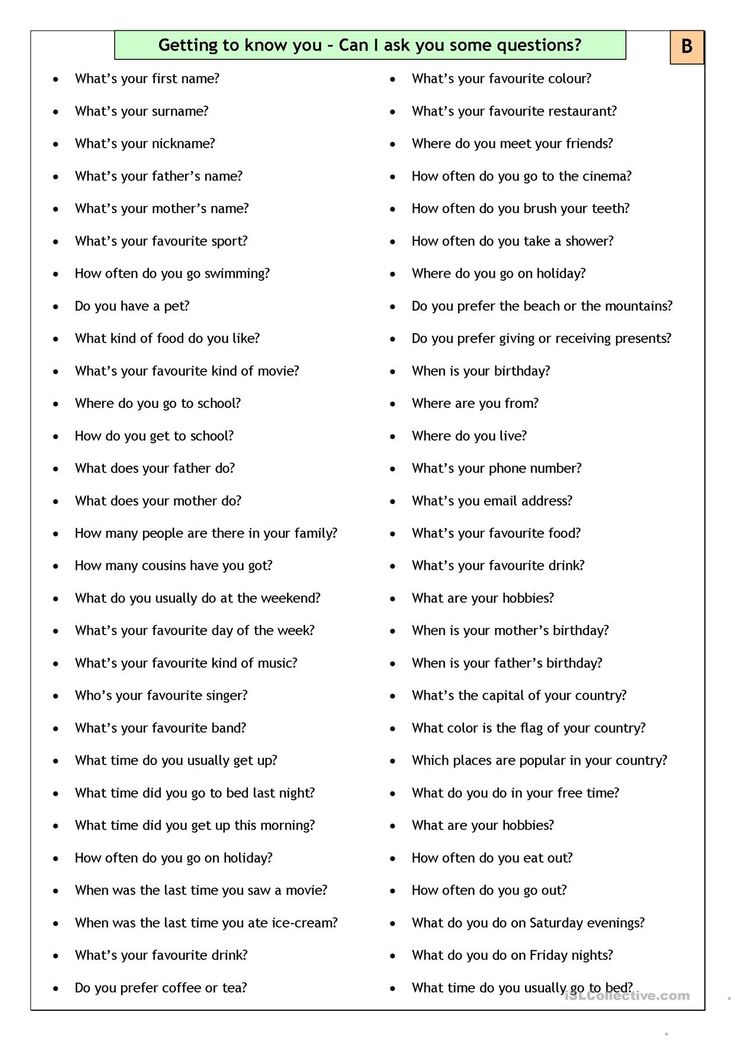 *
*
Inaccurate
Neutral
Accurate
I love to help others. *
Inaccurate
Neutral
Accurate
I hate to seem pushy. *
Inaccurate
Neutral
Accurate
I consider myself an average person. *
Inaccurate
Neutral
Accurate
I value cooperation over competition. *
Inaccurate
Neutral
Accurate
I handle tasks smoothly. *
Inaccurate
Neutral
Accurate
I want everything to be "just right." *
Inaccurate
Neutral
Accurate
I pay my bills on time. *
Inaccurate
Neutral
Accurate
I turn plans into actions. *
Inaccurate
Neutral
Accurate
I start tasks right away.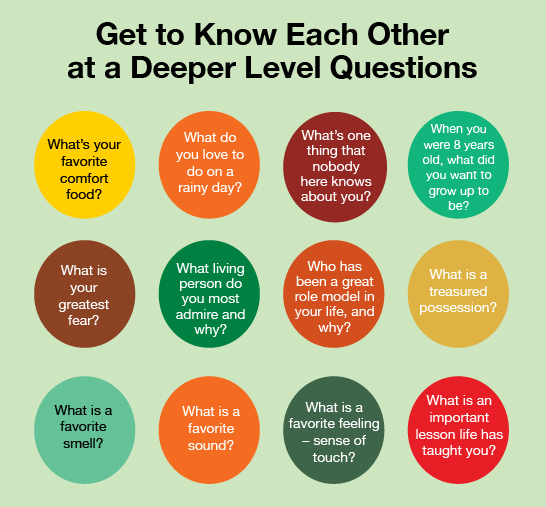 *
*
Inaccurate
Neutral
Accurate
I stick to my chosen path. *
Inaccurate
Neutral
Accurate
I get stressed out easily. *
Inaccurate
Neutral
Accurate
I am often in a bad mood. *
Inaccurate
Neutral
Accurate
I have a low opinion of myself. *
Inaccurate
Neutral
Accurate
I am afraid to draw attention to myself. *
Inaccurate
Neutral
Accurate
I go on binges. *
Inaccurate
Neutral
Accurate
I can't make up my mind. *
Inaccurate
Neutral
Accurate
I act comfortably with others. *
Inaccurate
Neutral
Accurate
Leave this field blank
Personality test based on Jung and Briggs Myers typology
ADVERTISEMENT
This free personality test is based on Carl Jung's and Isabel Briggs Myers' typological approach to personality.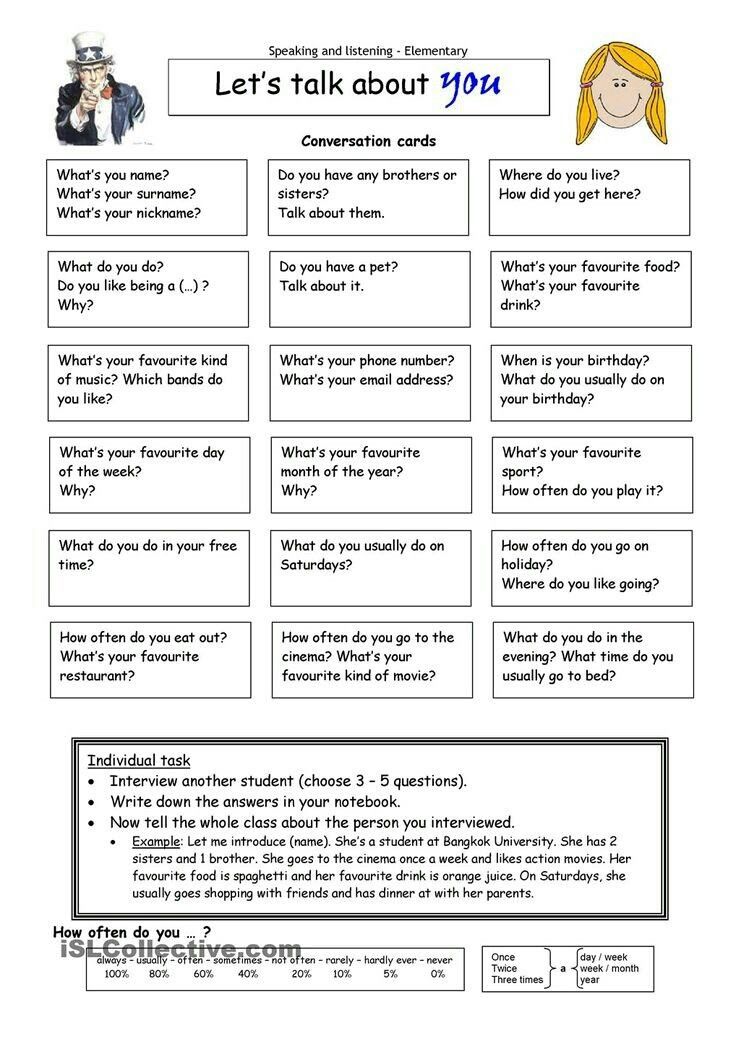 Discover your personality type.
Discover your personality type.
Take the test! »
Upon completion of the personality assessment questionnaire, you will:
- Obtain your 4-letter type formula according to Carl Jung’s and Isabel Briggs Myers’ typology, along with the strengths of preferences and the description of your personality type, communication and learning style, behavior under stress.
- Discover careers and occupations most suitable for your personality type, along with examples of educational institutions where you can get a relevant degree or training,
- See which famous personalities share your type,
- Use the results of this test with the Jung Marriage Test™ to assess long-term compatibility with your romantic partner.
Go to test »
business users - visit advanced version »
Organizations and Business Users
Advanced version »
Jung's typology for team building, pre-employment assessment »
advanced Jung's typology for:
- candidate assessment and pre-employment screening
- leadership and staff development
- team building
- career counseling
- team building and leadership workshops
- psychographics
- integrated solutions
Visit HRPersonality.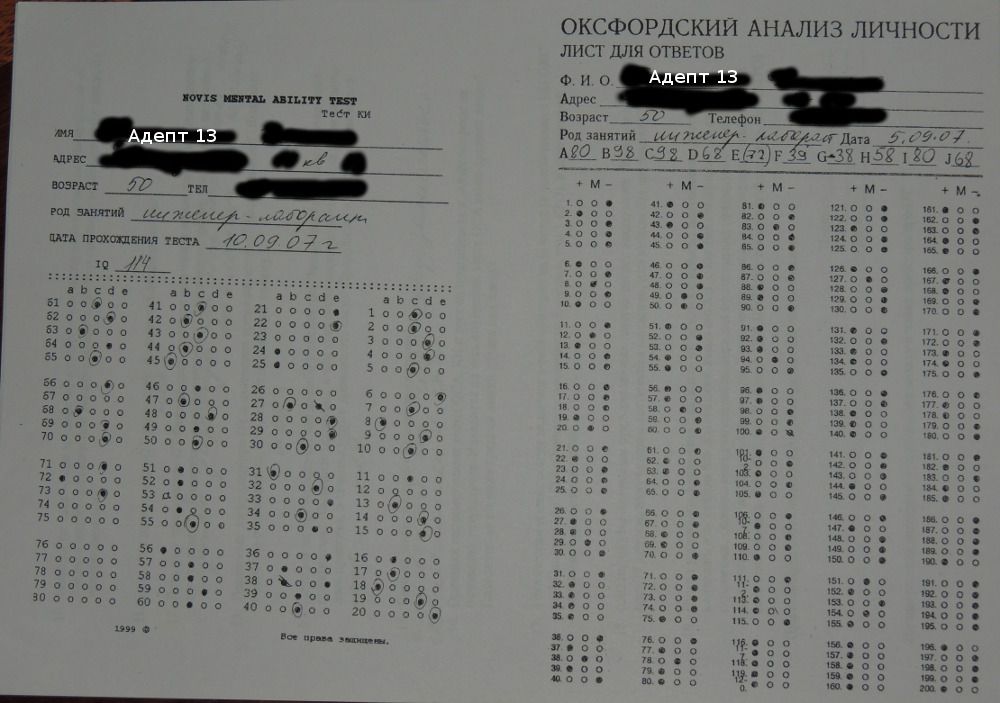 com »
com »
ADVERTISEMENT
What is Personality Type?
According to Jung's theory of psychological type, people can be characterized using the following three criteria:
- Extraversion - Introversion
- Sensing - Intuition
- Thinking - Feeling
Briggs Myers emphasized that the Judging - Perceiving relationship also influences characteristics of personality type...
Read more »
| ESTJ | ISTJ | ENTJ | INTJ |
| ESTP | ISTP | ENTP | INTP |
| ESFJ | ISFJ | ENFJ | INFJ |
| ESFP | ISFP | ENFP | INFP |
More Personality Type Resources
- Premium Career Development Report
- Personality Type and Careers
- Communication Strategies for Different Personality Types
- Learning Styles of the 16 Personality Types
- Personality Types Under Stress
- Leadership Style and Personality Type
- Determine Other People's Personality
- Personality Types of Westeros Characters
- Humanmetrics Blog
Jung's typology for organizations: pre-employment assessment, team building, personal and professional development of employees and more.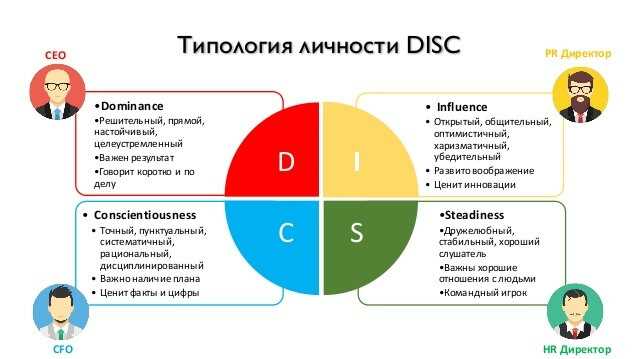
Visit HRPersonality.com »
ADVERTISEMENT
* Humanmetrics Jung Typology Test™ instrument uses methodology, questionnaire, scoring and software that are proprietary to Humanmetrics, and shall not be confused with the MBTI®, Myers-Briggs® and/or Myers-Briggs Type Indicator® instrument offered by CPP, Inc. Humanmetrics is not affiliated with CPP, Inc.
5 personality tests that can decide the fate of an applicant at an interview
Once upon a time, in order to get a job, it was enough to send a resume to the right company without errors, provide good references and answer a couple of questions.
Today, many job seekers notice that success is increasingly dependent on personal rather than professional qualities.
According to the 2014 Trends Report published by consulting agency CEB, 62% of HR professionals use personality tests for recruiting. In 2010 this figure was 50% (according to the research center Aberdeen Group).
If you haven't come across such practice yet, you still have a chance to prepare for such tests.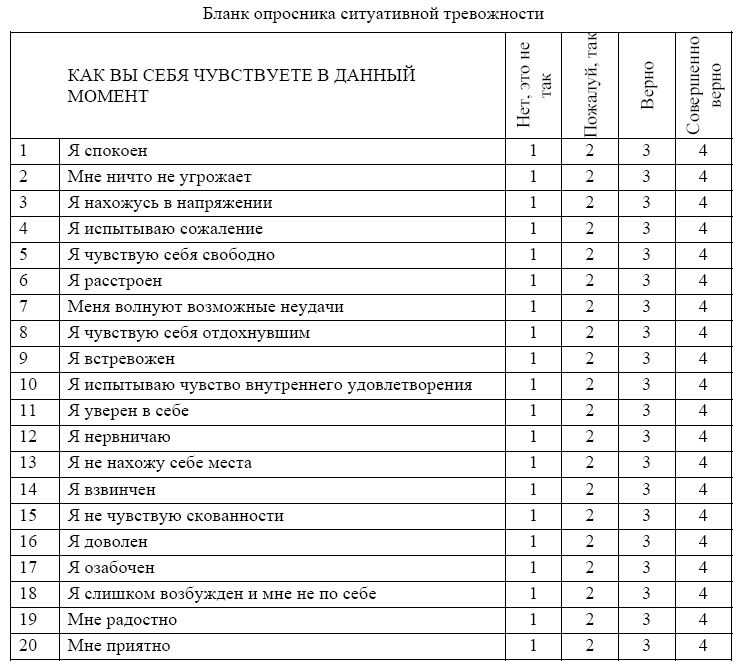
For what? Companies are constantly looking for new ways to make sure they are making offers to the right candidates.
Not only do they want to weed out those who can't do the job so as not to waste time and money repeating the process, but they also want to reject those who are ready to leave their place as soon as a new opportunity presents itself.
"Personality tests allow us to analyze behavioral responses associated with professional competence," says Paul Gorrell, Ph.D., founder and director of Progressive Talent.
Employers use these evaluation systems to compare applicants' performance against the requirements of the position they are applying for. There are no right or wrong answers to personality test questions, just some of them do not correspond to what the employer wants to hear.
"For example, if the job involves active sales, and the applicant is indecisive, not inclined to take risks, and is too slow to adapt to the situation, most likely he is not suitable," explains Gorrell.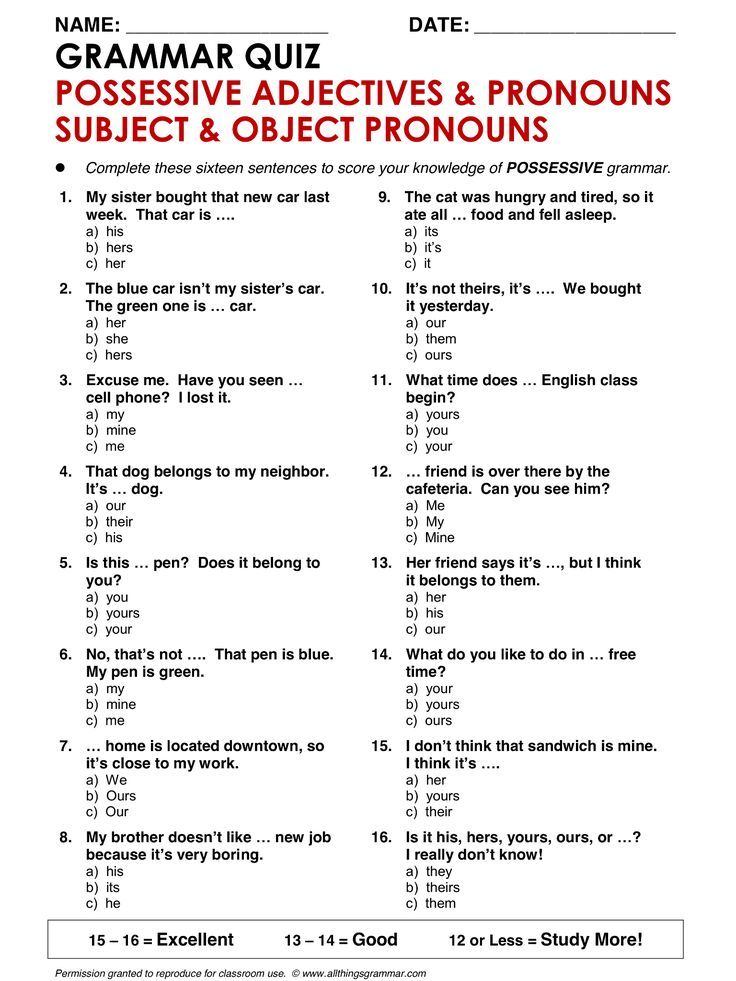 - "But in the customer service department, such a candidate would come in very handy."
- "But in the customer service department, such a candidate would come in very handy."
However, not all assessment methods are the same. Some of them allow you to select ideal candidates with great accuracy, while others can be completely ineffective.
"All means of recruitment are good for development, but not all are good for selection," warns Gorrell.
That is why we decided to evaluate the existing methods. What is the result? Three popular personality tests turned out to be quite acceptable, and two did not pass the test, because they cannot be used to judge the competence of the candidate.
1. Caliper test (Caliper Profile)
Description: This rating system has been used for 50 years and allows you to determine the presence of certain personal qualities (for example, perseverance or accuracy) that are relevant to work.
Take, for example, the ability to empathize. According to Gorrell, the test is designed to reveal "a combination of qualities that help to find out how well a person understands other people, how flexible and ready to contact.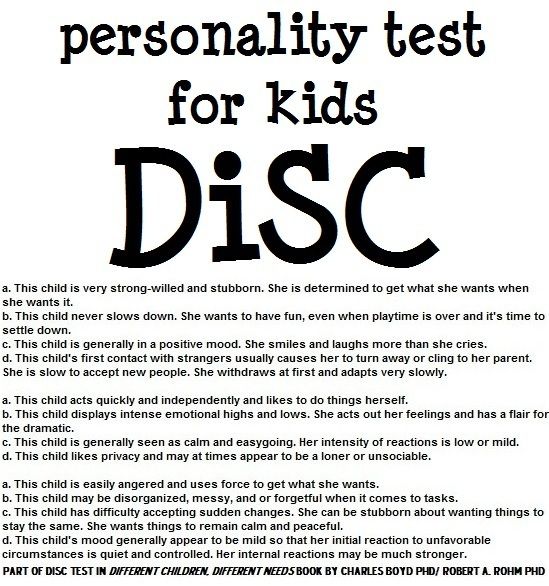 This can come in handy when hiring employees who will be responsible for customer service or implementing changes in the company. ".
This can come in handy when hiring employees who will be responsible for customer service or implementing changes in the company. ".
What the questions look like: The candidate is asked to choose the statement that best reflects their point of view and tick the appropriate box on the questionnaire. From the remaining options, they are asked to choose the statement that best reflects the candidate's point of view.
For example:
A. Sometimes it's better to lose than to offend someone.
B. I am good at the art of small talk.
Q. We must always follow accepted norms and protocols.
D. During the working day, I sometimes lose control of the situation.
Conclusion: An effective test! "The Caliper Profile is great for identifying people's motivations," says Gorrell. "Unlike other tests, it evaluates both positive and negative aspects, allowing you to see the big picture."
2. Gallup StrengthsFinder
Description: The test was developed decades ago at the Gallup Institute (which is where all this research is now being done).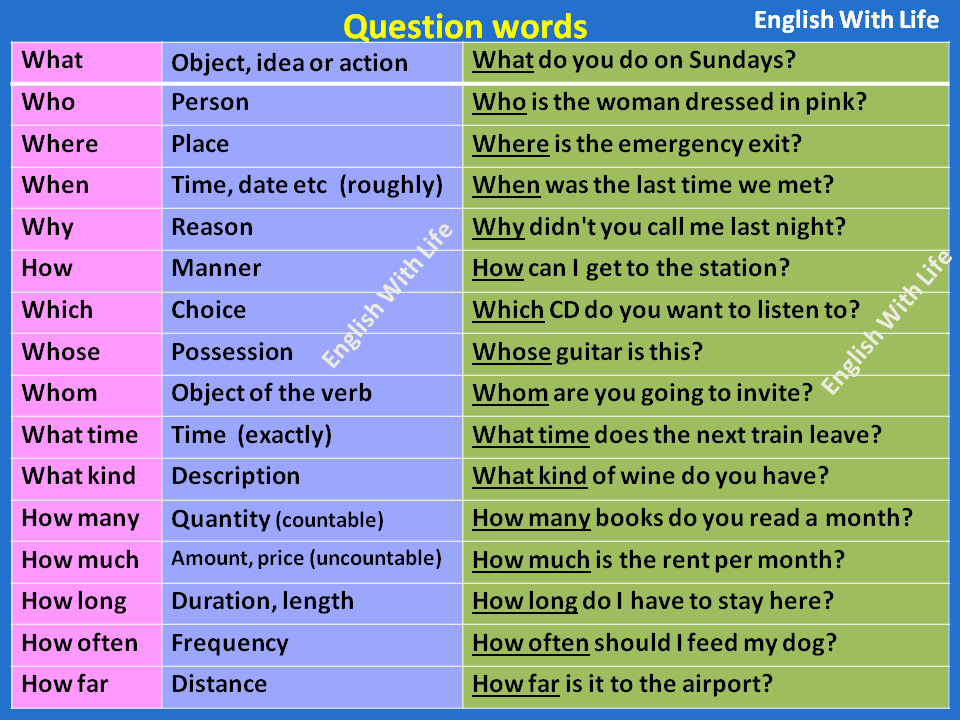 The authors suggested that other methodologies put too much emphasis on candidates' weaknesses.
The authors suggested that other methodologies put too much emphasis on candidates' weaknesses.
Based on the answers to 177 questions, the researchers draw a conclusion about the positive qualities that the respondent may have. The result includes the 5 strongest qualities that determine success in a particular area of activity.
Let's say the candidate scored the most points on the "positive attitude" item. This means that he will be able to excel in a job that involves constant rejection (for example, in a call center or a fundraising organization).
If he strives for achievements, then he has the very place in an organizational or managerial position.
What questions look like: Each question consists of two statements.
For example: "I enjoy helping people" and "When I have a difficult task that needs to be done perfectly, I rely on the strengths of my colleagues and do not try to do everything myself."
The respondent must choose the statement that best describes them. In addition, he can indicate that the statement is "extremely accurate" or "neutral".
In addition, he can indicate that the statement is "extremely accurate" or "neutral".
Conclusion: An effective test! "Unlike the Caliper Profile, in the Gallup StrengthsFinder, strengths are considered an indicator of a potential employee's success," says Gorrell.
3. Typology Myers-Briggs
Description: This is a very popular personality test that allows you to determine belonging to one of 16 groups based on such qualities as common sense and intuition, extraversion and introversion, rational and sensory perception, planning and reaction.
For example, if someone says they are an INTJ, know that they are an introvert who relies on intuition, prefers to think rationally and plan their actions.
About 80% of employees hired by Fortune 500 companies pass the Myers-Briggs test. In addition, many companies around the world use it in the recruitment process.
What questions look like: Each question has two possible answers.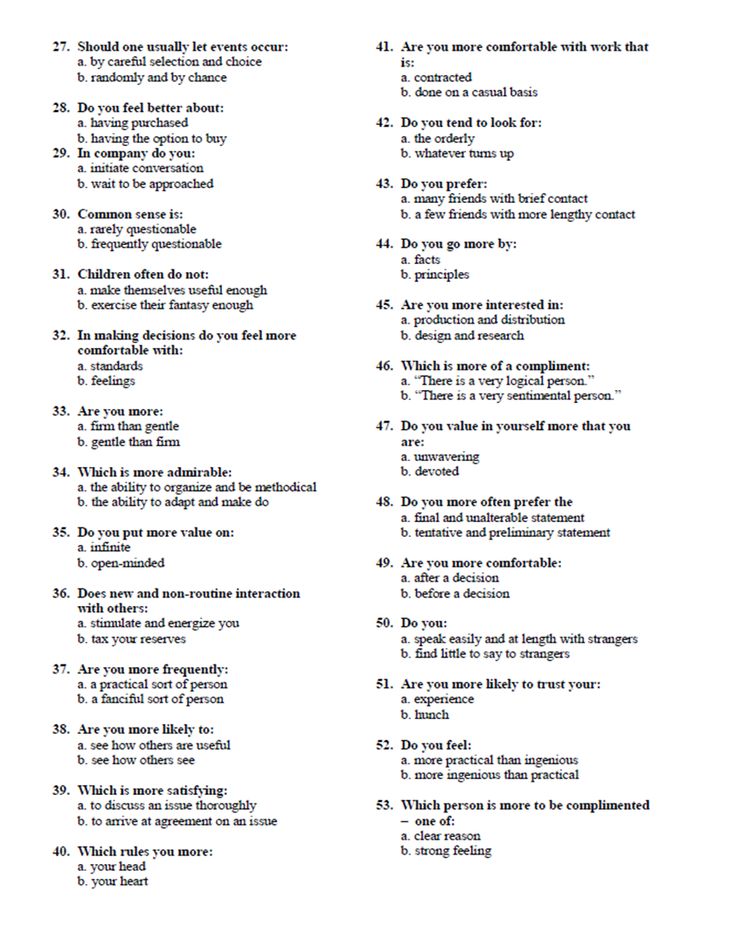 For example: When communicating with others, do you prefer to reach agreement or listen to new information and opinions?
For example: When communicating with others, do you prefer to reach agreement or listen to new information and opinions?
The first option is of type J (planning), the second is of type P (reaction).
Conclusion: Failed test! It was originally designed to determine personal preference. "Of course, it can be used for self-knowledge, but it has nothing to do with work," says Gorrell.
HR representatives who select employees on the basis of Myers-Briggs tests may miss out on really valuable people or mistakenly hire those who do not meet their expectations, all because they overly trust the test.
Even the authors of the test themselves are concerned about the misuse of the methodology, so they published a message on their website asking them not to use it when recruiting and laying all responsibility for the possible consequences on employers.
According to Gorrell, some of the answers to the test questions may generate bias against women and some other groups of respondents.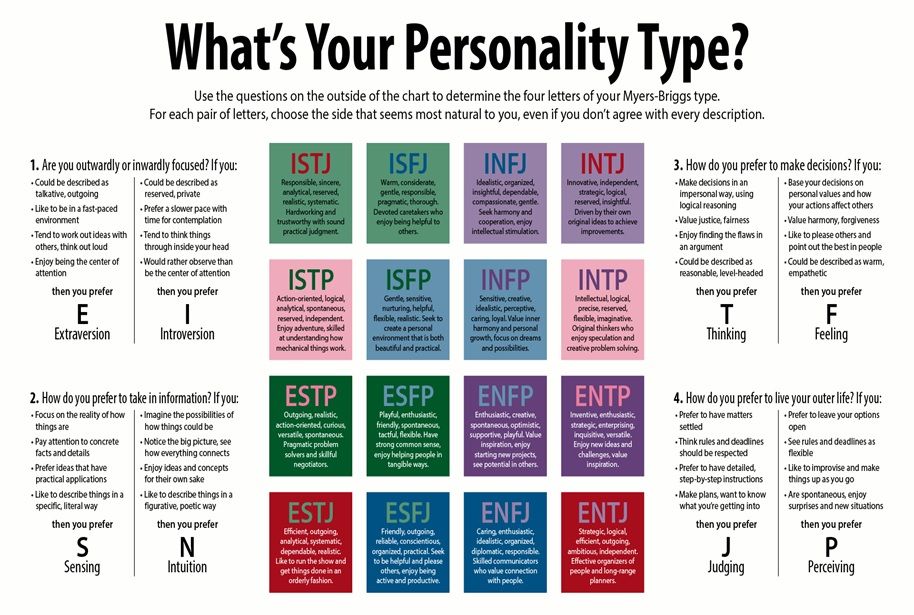
4. Sixteen Personality Factor Questionnaire
Description: This test is also called 16PF. It was developed in 1949. psychologist Raymond Kettel, who identified 16 personal qualities that each person possesses to a different extent.
The questionnaire consists of 170 items that can surprise those who are used to ordinary personality tests (including those mentioned above). They offer to describe their reactions to certain events in the work environment, rather than the personality as a whole.
Will you be able to complete everything that you are entrusted with? How do you deal with stressful situations? 16PF is able to answer these questions.
What questions look like: The candidate can answer "yes", "no" or "don't know" (meaning that he is not sure of the answer or did not understand the question). Examples of statements: "When I'm bored, I "turn off" and start to dream", "When the team needs tactful persuasion, I usually take this role myself.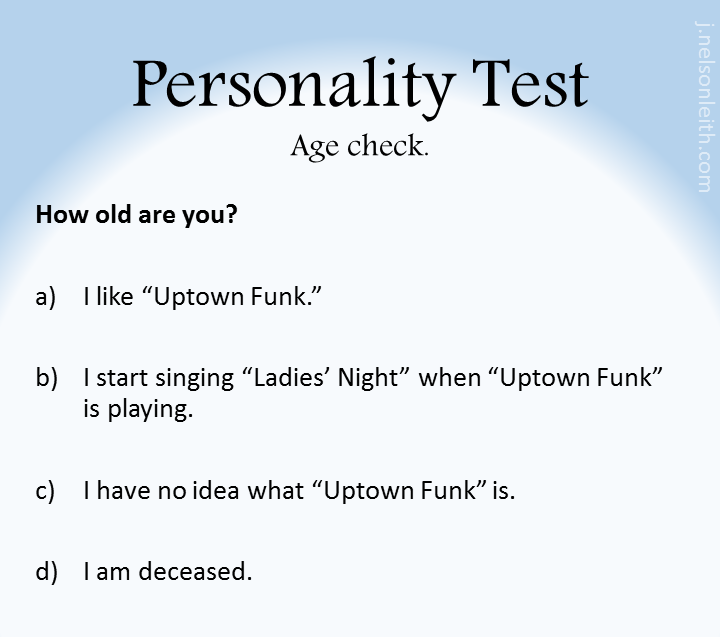 "
"
Conclusion: An effective test! According to Gorrell, 16PF is an effective tool for employee development, because. he evaluates practical decisions, not the individual as a whole.
5. Minnesota Multiphasic Personality Inventory (MMPI)
Description: This is a personality test to be administered by an objective graduate (such as a psychologist) in order to assess the patient's needs from a therapeutic point of view.
Unlike other tests that can be taken online, MMPI results cannot be interpreted on your own or left to a recruiter. In the workplace, the MMPI is only used in areas of high psychological risk (such as the police).
What questions look like: Answers can be right or wrong. For example: "I often wake up with a headache" or "Sometimes I feel worthless."
Conclusion: Failed test! "The information that is required to get the test results is irrelevant to the job," says Gorell. "Some companies tried to use this test, got several lawsuits and lost the case.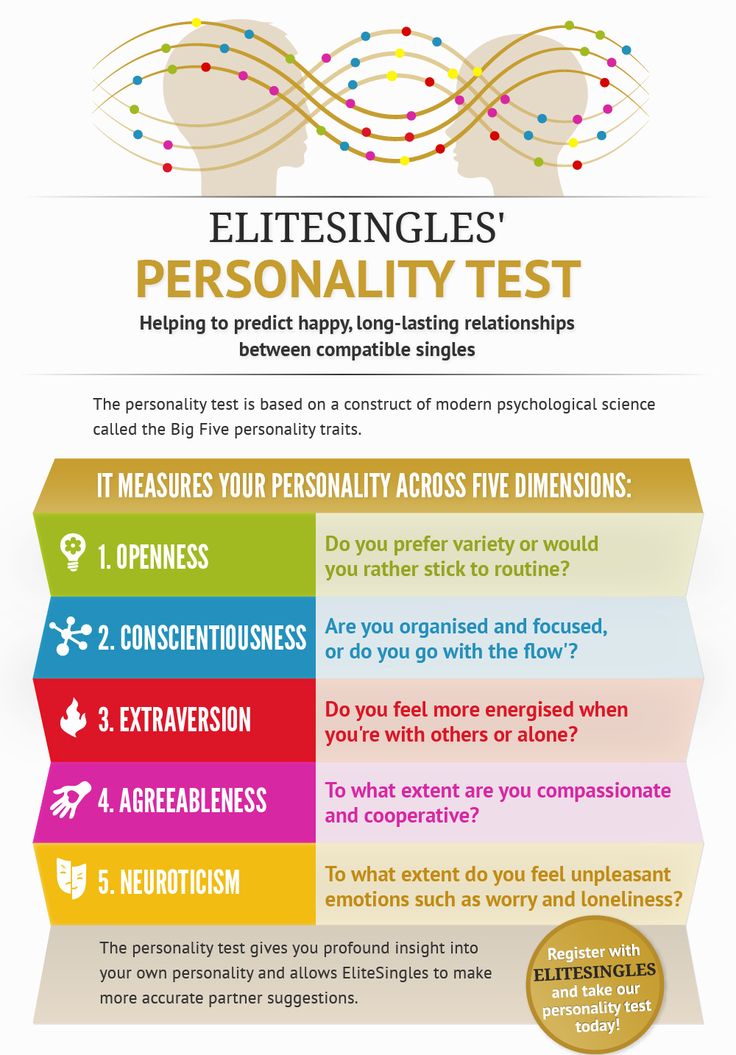 "
"
businessinsider.com
Translation: Airapetova Olga
free and paid, from a couple of minutes to an hour
At the word "career guidance" the majority recalls the tests of a school psychologist in grades 10-11, which were supposed to help choose a "life's work". But the choice made at 17 is not always the right one.
If you are no longer a student, but still find yourself thinking “Who do I want to be?”, Perhaps you should look at career guidance tests again. We have collected career guidance tests for adults that will help identify the strengths of a person.
📊 Career guidance from HeadHunter
Duration: 1 hour
Cost: 550 R
MSU psychologist test. After passing, the participant receives a detailed report with graphs and textual recommendations about the career vector and suitable activities. The report is accompanied by a list of the 15 most suitable professions
📋 Professional test
Duration: 1 hour
Cost: 290 R for a full report
Test developed by a consultant psychologist at UrFU.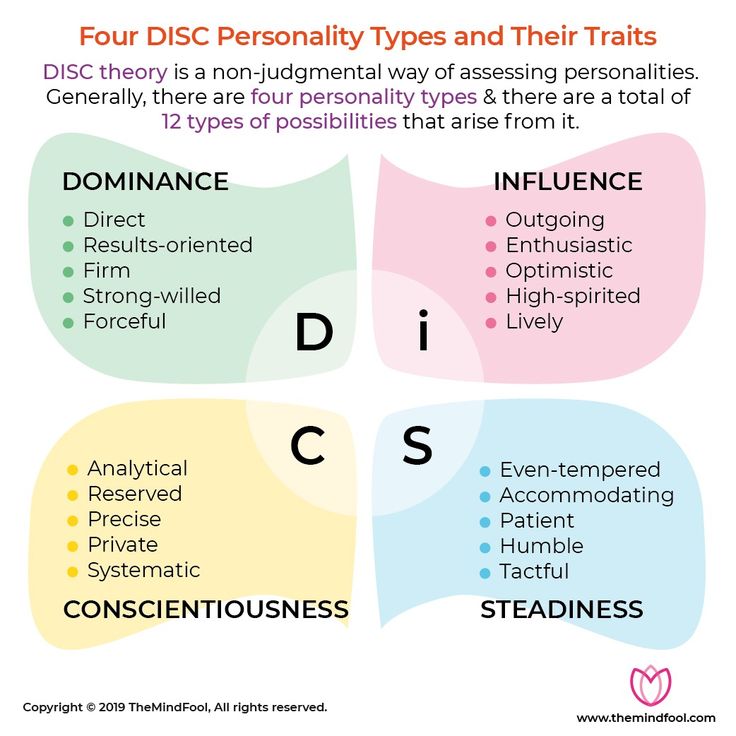 Consists of 14 subtests to test professional preferences, different types of thinking and personality aspects.
Consists of 14 subtests to test professional preferences, different types of thinking and personality aspects.
The results report can be obtained in two ways. The free report will contain the 7 most suitable professions and professional priorities, while the paid report will contain features of character and thinking that affect work. There is a sample paid report on the site
💫 Profguide
Duration: 45 minutes
Cost: 349 R for a full report
In the free part, based on these characteristics, a report is given describing suitable professions.
In the full version, a description of professional interests and abilities is attached. Sample report
⤴️ Dutch test
Duration: 10-15 minutes
Cost: free
Questionnaire based on the theory of professional choice. According to her, success in professional activity depends on the correspondence between the type of personality and the type of professional environment.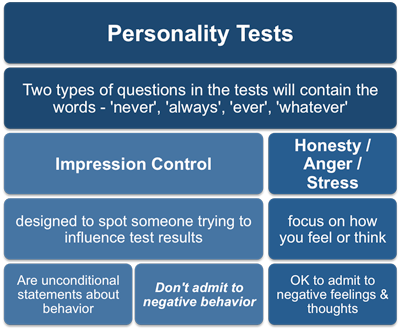
Test summary - a description of the participant's personality type and a list of directions in which he will be most comfortable developing
💎 Potemkina test
Duration: 10-15 minutes
Cost: free
The test was invented by psychologist Olga Potemkina. 80 questions will help determine the aspirations in professional activity and the values \u200b\u200bthat an ideal job brings to a person.
Test result - a score from 1 to 10 on 8 scales of value orientations - from orientation to power to orientation to freedom
🤖 CareerExplorer
Duration: 30 minutes
Cost: $48 for the full version
Non-standard English language test built on machine learning. In addition to questions on abilities and hobbies, it is proposed to choose the descriptions of university courses that you like and indicate information about work experience.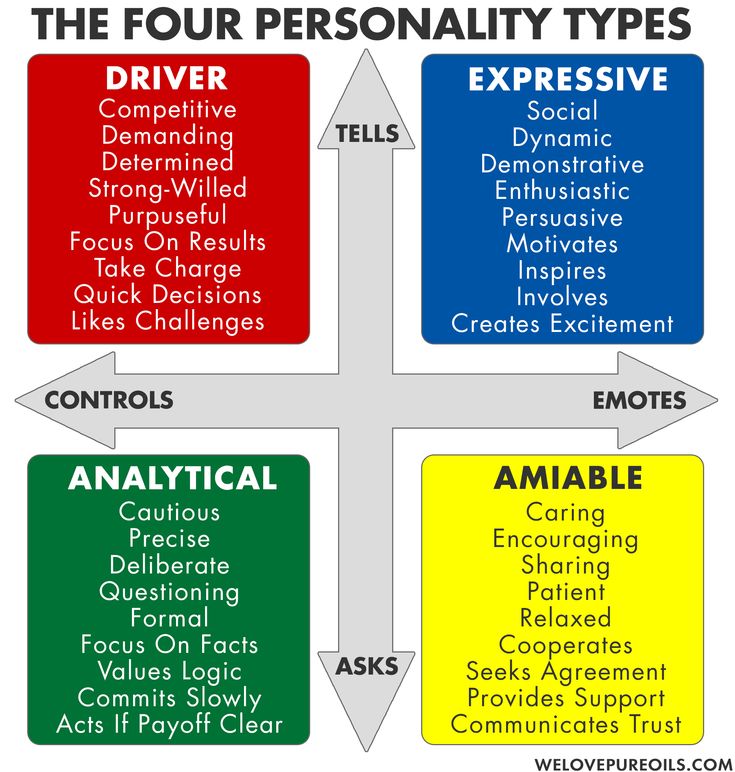
As a result, the test-taker receives a list of suitable professions and educational tracks. More career matches will open in the paid report
⚖️ Values Assessment
Duration: 10 minutes
Cost: free
English language test based on work adaptation theory. Questions assess attitudes towards six work values: support, independence, recognition, relationships, achievement, and work environment.
The result shows which of these values is more important for the participant and which professions suit him. Plus, you can see for yourself how personal qualities are combined with other professions
🗺️ CareerFittert
Duration: 5-10 minutes
Cost: $19.95 for full version
60-question personality test. The free report contains information about personality strengths and suitable working conditions.